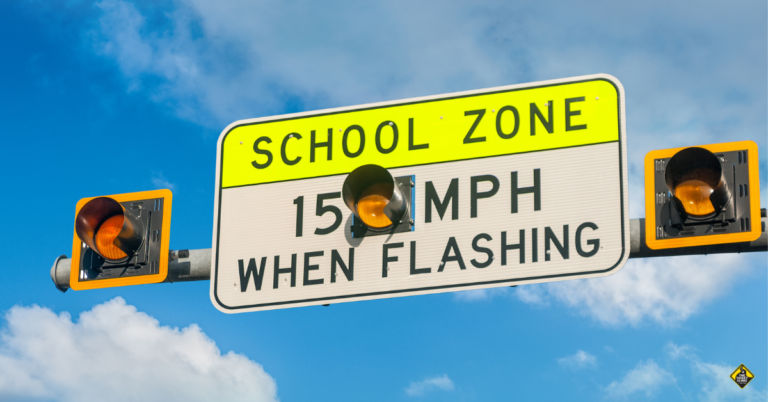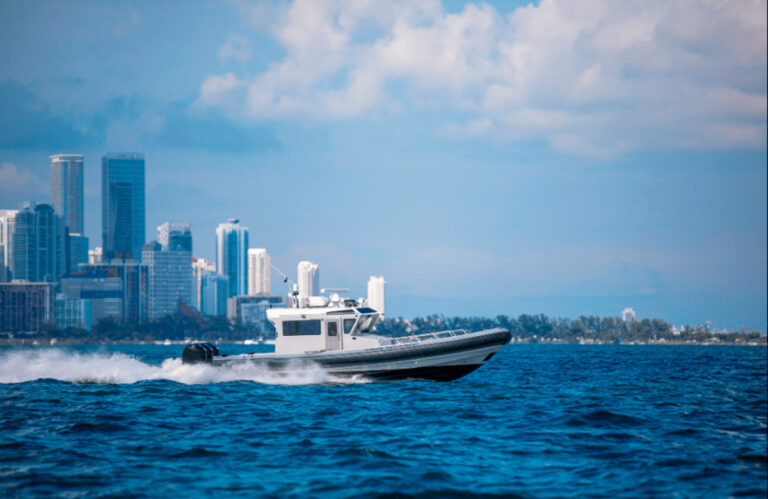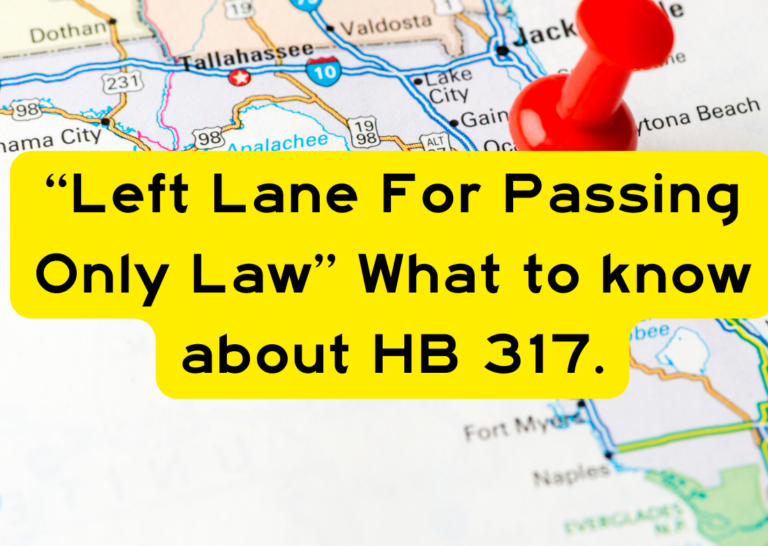With the holiday season upon us, ’tis the season to celebrate, and also a time to be careful and mindful of drinking and driving. The best course of action is to avoid drinking when there is a chance that you will need to drive. Police are particularly aware of the season, and the fact that many people are celebrating. Choosing a designated driver or calling a cab is the best option whenever possible. At the Ticket Clinic, we are often asked “what should I do if I am stopped for a DUI“? The answer has always been the same: it depends on the circumstances.
The investigating officer will request roadside sobriety exercises after the traffic stop and a breath/urine/blood test after the arrest. The general rule is that the more that you participate in the investigation, the more evidence that you are providing for the officer. There is no requirement to submit to roadside exercises (walking the line, finger-to-nose, balance, etc.) and there are no administrative consequences for refusing to complete them. If there is ANY chance that you won’t perform well, consider politely refusing to participate and asking to speak with your lawyer before you complete the exercises. You are not entitled to a lawyer at this point, but it should limit further questioning by the officer. Chances are, by refusing to perform the exercises, you will be arrested, spend at least 8 hours in jail, and then be given the chance to bond out of jail (traditionally $500, but it could be more or less). If you feel that you will pass the exercises, you can give them a try, but make sure that you advise the officer of any injuries or illnesses that might effect your performance. Remember, if you do not perform well, that will be used against you in court! It’s easier to explain to a jury that you refused the exercises because you wanted to talk to your attorney first, as opposed to trying to explain why you couldn’t walk the line, touch your nose or balance properly.
If a police office requests the breath/urine test, it is a requirement under Florida’s Implied Consent Law. This law says that by driving in Florida, a driver agrees to take such a test if requested by a police officer. However, this doesn’t mean that you have to take it. If a person refuses, there can be consequences, including suspension of the license. It’s important to remember that failing a breath test (.08 is the limit in Florida) will also result in a suspended license. In most situations, a person is entitled to challenge the suspension (for a breath test or a refusal case) and hardship permits may be granted, subject to certain limitations.
Our opinion: If there is ANY chance that you will fail the breath test, politely refuse it, asking to speak with your lawyer. You are still not entitled to a lawyer at this point, but it provides a good reason for not taking the test. It is easier to explain to a jury that you refused the test because you wanted to talk to your lawyer first, as opposed to trying to attack the credibility of the test result later. In Florida, a 2nd or subsequent refusal to submit to testing (breath, urine, blood) is a separate crime, so a person who has refused in the past needs to consider this when deciding to take or refuse a requested test.
Remember, planning is the key to avoiding this type of a situation. Having a designated driver or calling a cab or a friend might be a decision that saves you a lot of time, money, stress and aggravation.
The content of this blog is intended for informational purposes only. It is not intended to solicit business or to provide legal advice. DUI laws differ by jurisdiction, and the information on this blog may not apply to every reader. You should not take, or refrain from taking, any legal action based upon the information contained on this blog without first seeking professional counsel. Your use of the blog does not create an attorney-client relationship between you and The Ticket Clinic.



